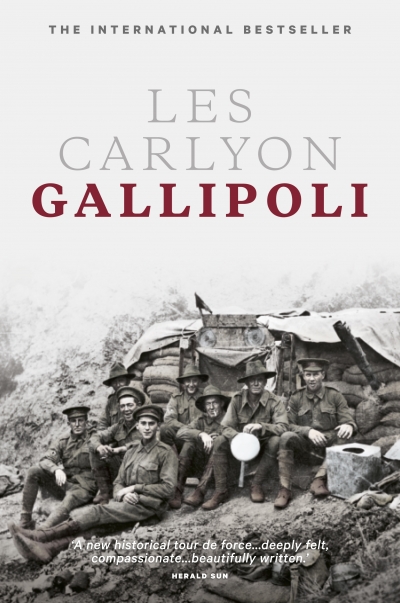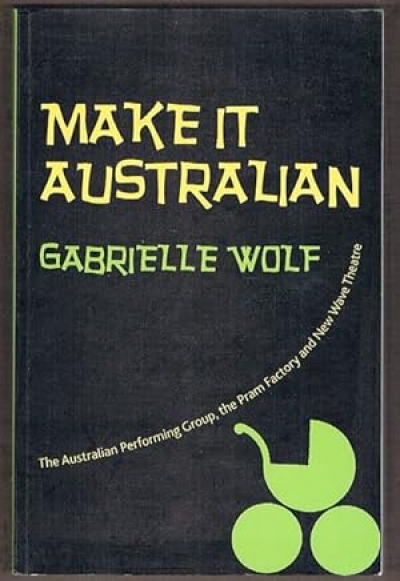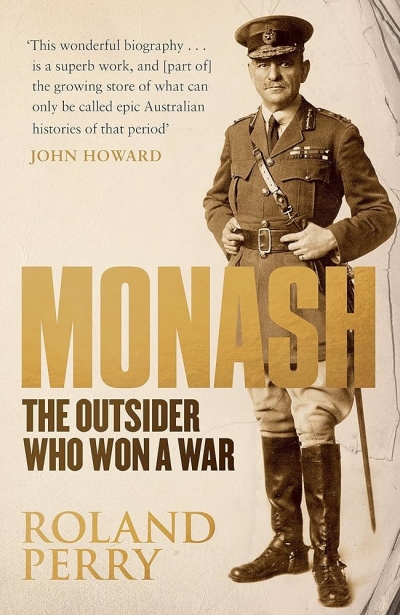The Somme – it is a name that still strikes dread in the ears for its carnage, ineptitude and sheer waste of life. For the English-speaking world at least, the battle of the Somme has come to symbolise all that was bad about the Great War in general, and the Western Front in particular. The 141-day battle cost the British Army alone more than 400,000 casualties, including 150,000 men killed. The first day (1 July 1916) saw the death of 20,000 soldiers – the single bloodiest day in the history of the British Army. It wasn’t quite as bad as the savage slaughter at Towton on 29 March 1461, where about 30,000 Englishmen perished in the vicious quarrel between York and Lancaster, but on the Somme the bloodshed kept going, day after day for four and a half months, and no one seemed to know how to stop it.
...
(read more)







